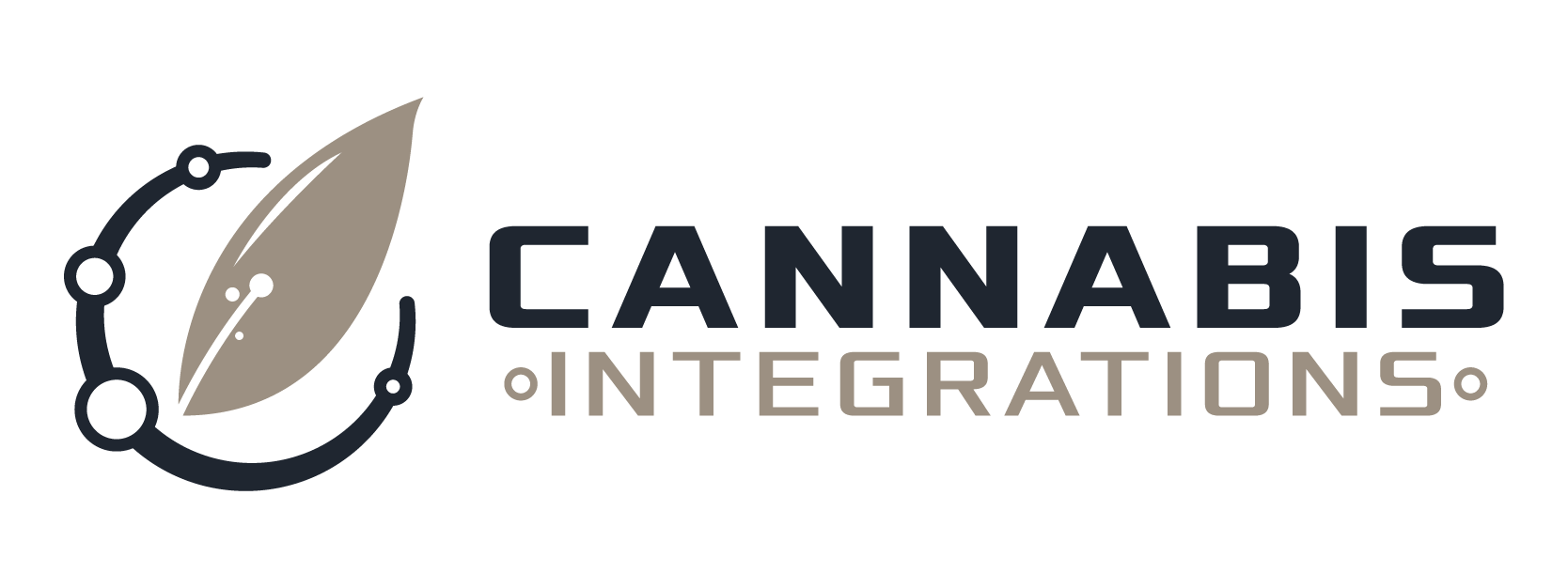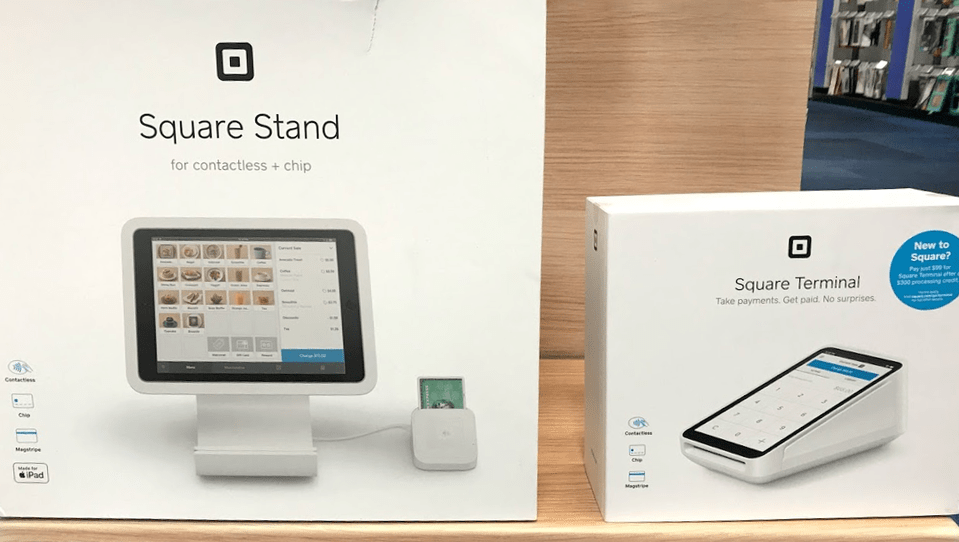As the U.S. inches closer to federal cannabis legalization, businesses across the industry are preparing for what may be the most transformative shift in its modern history. While current cannabis operations rely on fragmented state-by-state systems with complex regulatory barriers, federal legalization promises a future marked by unified frameworks, streamlined technology, and national scalability. The implications for integrations—ranging from point-of-sale (POS) systems to compliance software, payment processors, and CRM tools—are massive.
From State Silos to Unified National Platforms
Right now, cannabis integrations are built around state compliance systems like Metrc, BioTrack, and MJ Freeway, with each state requiring tailored setups. POS and inventory systems must navigate a maze of regional laws, batch tracking formats, and purchasing limits. Federal legalization could shift this dramatically by enabling a centralized compliance structure, potentially managed by a national regulatory body like the FDA or a newly formed cannabis authority.
This would allow integration developers to create standardized APIs and platforms that serve all states equally, greatly reducing the cost and complexity of launching in new markets. For dispensaries and multi-state operators (MSOs), the result would be smoother cross-border operations, unified reporting tools, and less friction in scaling nationally.
Cashless Payments and Banking Integrations
One of the most eagerly anticipated changes under federal legalization is access to traditional banking. Today, dispensaries are often forced to operate in cash or use workarounds like ACH transfers and cannabis-specific payment gateways such as CanPay or Aeropay. Once federally legal, cannabis merchants could integrate directly with major financial institutions and credit card processors like Visa or Mastercard.
This would open the door for e-commerce-style checkouts, integrated fraud detection, and real-time financial reporting. Payment integrations would become faster, more secure, and more familiar for consumers—transforming the customer experience and increasing trust in the cannabis retail space.
National Supply Chain and ERP Expansion
Federal legalization would also enable true end-to-end Enterprise Resource Planning (ERP) systems tailored to cannabis. Currently, vertical integration is often restricted by state laws, limiting how far a producer or retailer can expand their operational reach. In a federally legal world, supply chain integrations could span the entire country—from seed-to-sale tracking that feeds directly into ERP dashboards, to logistics partnerships that streamline distribution and fulfillment.
Third-party logistics (3PL) integrations would become a core part of dispensary operations, with real-time inventory and delivery tracking baked into POS and inventory systems. Brands could implement predictive analytics tools to monitor demand and shift stock across state lines without regulatory bottlenecks.
CRM and Consumer Data Consolidation
Legalization would also unlock more advanced Customer Relationship Management (CRM) capabilities. Currently, data collection and personalization efforts are often hindered by fragmented systems and privacy restrictions that vary by state. With federal standards in place, CRM platforms could consolidate consumer profiles across states, enabling dispensaries to deliver more targeted marketing, loyalty programs, and product recommendations.
Integration with loyalty platforms, mobile apps, and AI-driven chatbots would accelerate, giving cannabis retailers tools that mirror the sophistication of traditional e-commerce leaders.
A Connected Cannabis Future
Federal legalization is likely to usher in the golden age of cannabis integrations. With national frameworks, access to traditional financial tools, and the freedom to scale across borders, the industry will evolve into a tech-driven ecosystem. For tech providers, dispensary operators, and cannabis brands alike, the future of integration isn’t just more efficient—it’s more intelligent, more interconnected, and more customer-centric than ever before.

